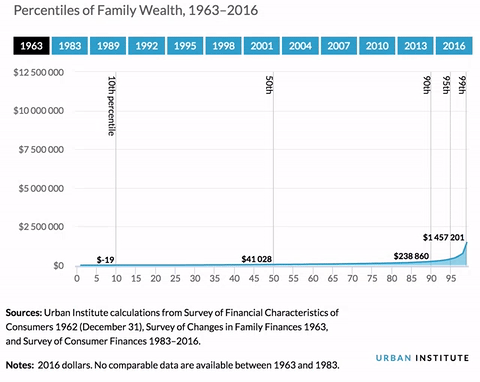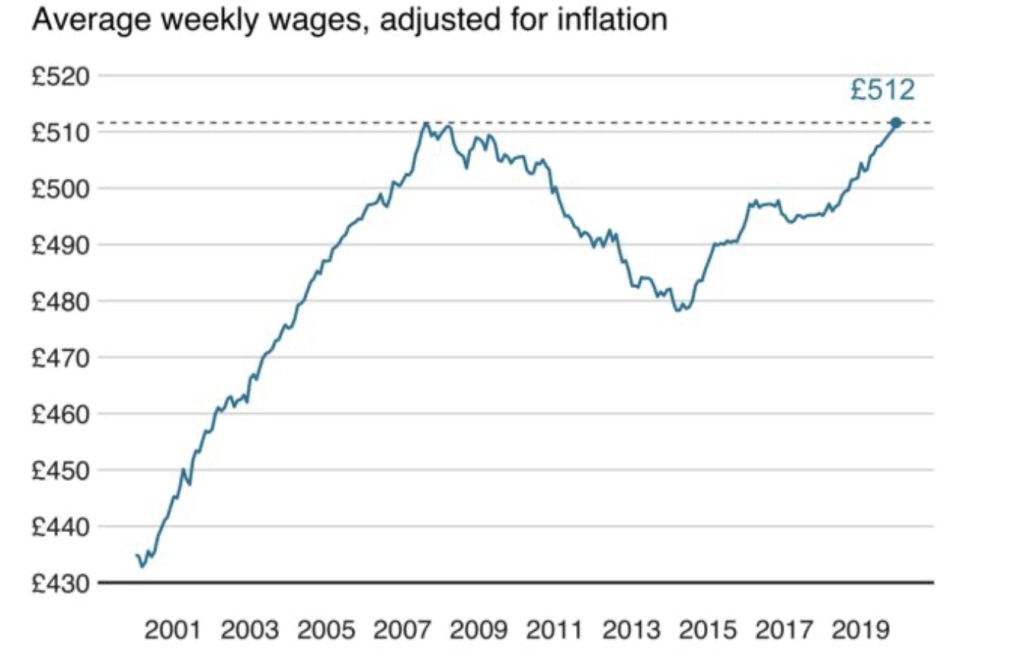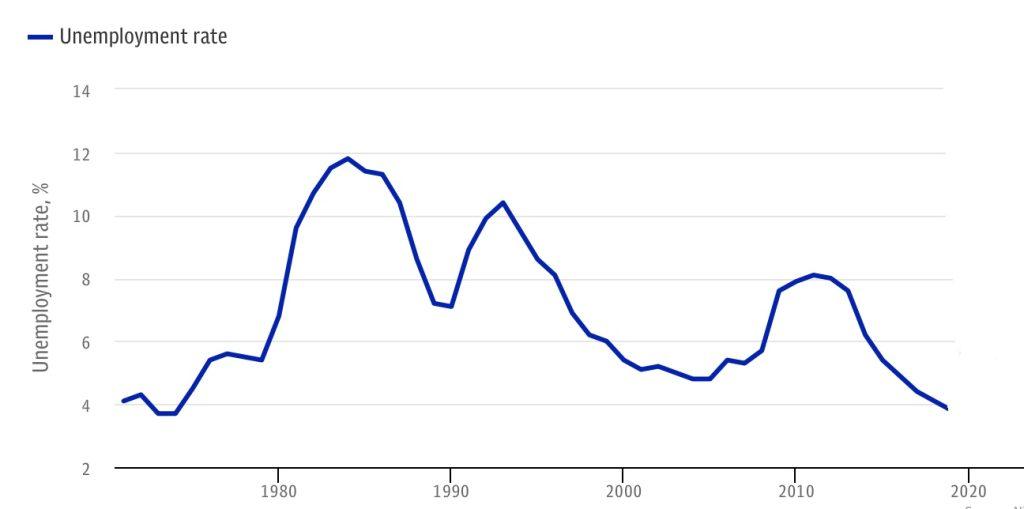
As you watch the COVID-19 crisis unfolding, getting confused with inconsistent messages do you sometimes feel that there may be more to this situation than meets the eye?
Last week, on 3rd June 2020, the World Economic Forum (WEF) held a virtual meeting on the Great Reset [1]. During this event, world leaders shared their perspective on the inadequacy of the current system to 21st century requirements.
You will hear contributions from professor Klaus Schwab, the Prince of Wales, Antonio Guterres (Secretary-General of the UN), Kristalina Georgieva (IMF Director) and others, on hot topics from inequality to climate change.
The message is clear and unanimous – today’s crisis is the wake-up call to reimagine and redesign our world. We mustn’t miss this window of opportunity!
Have things gone so bad that the Great Reset is required?
Professor Schwab explains that 75 years ago, in the aftermath of WW2, countries and people came together to shape a new world order to increase global cooperation and prosperity. This, to be exact took place in July 1944 when the Brenton Woods System was agreed to [2].
Let’s look at the data gathered over the last 75 years and assess achievements we have made since then, shall we?
In his speech, the Prince of Wales advocates poverty reduction as a result of an unprecedented growth and longevity post WW2. Great achievement.
Surely, we are heading in the right direction, aren’t we?

Well … not exactly, let me explain the paradox here.
In 1963 top rich families were 6 times wealthier than middle-class families and by 2016 the difference was 12-fold. Income of the families at the top increased roughly 90% whilst middle and working class less than 10% [3].
Over the past ten years wages in the UK have stagnated, reaching only last year the level from 2008 [4].
Billionaire’s wealth however rebounded within 30 months from the crisis of 2008 and increased by tens of millions of dollars during the COVID-19 crisis [5].

This, however, is not about millionaires getting wealthier but about the wealth recirculated back into the economy.
Let me give you an example. If you earned 12 times more than the average person, would you buy 12 times more houses, holidays or food?
No, you would not, neither do millionaires. Whilst the absolute poverty decreases, the relative actually increases as a result of structural challenges and this economic drain [6] [7].
And that’s your paradox right here.
But the polarising global wealth and shrinking middle class is not your issue, right?
You have a house or two, a car or few and a comfortable life. Or do you?
Some time ago, a few great financial mavericks came up with this strategy: selling Jets and Bentleys to the global elite and poverty products to the global poor.
So, if you are on high interest credit, payday loans or zero-hour contract, I hate to break it to you – you are classified as “poor”.
Is this a sustainable, win-win strategy?
From one side economy suffers consumption saturation, from the other weakened appetite for poverty products due to unpredictable market behaviours.
At the end of the day, the key element to fuel today’s economic growth is consumer spending…
Where do we go from here? Is this what drives the Great Reset?
As in 2009 here we go again – the economy slows down but this time it feels different. Majority of shops and services are locked down whilst people around the world have been asked to keep social distance.
More and more of our friends, family members and neighbours are being made redundant, their wages cut and bonuses eradicated [8].

Based on a survey performed in Great Britain in April 2020:
a) 23% respondents confirmed negative impact of the outbreak on their finances
b) over 25% are struggling to pay household bills
c) over 30% are already using their savings to cover cost of living.
This should not come as a surprise as basket of products costs today 4.4% more than just before lockdown [9]. Look at protein prices e.g. rice (diet of half of the world population) are on a sharp rise [10]. This may lead toward global food emergency [11].

Why this food inflation, you ask?
As you know from your experience, the more compromised the supply chain (e.g. farmers, logistics, small shops going bust) the more volatile costs and prices become.
As you are rightly pointing out, there is a vast choice of brands out there to select from. This is your consumer right to choose any produce you wish from any of the 10 corporations below.

This, of course, is generalisation but if you were not aware of some corporate consolidation – it’s food for your thoughts.
As in 2009, today the taxpayer will have to pay the debt bailing out corporations struggling to make ends meet yet again.
This time the toll may be high, as Economists predict that British Government is likely to borrow approx. 250bn GBP this year [12]. This is likely to send the national debt to above 100% of GDP.

As Robert Zoellick (former World Bank President) explains: recession is never caused by a single event but a combination of factors over the years. In this case the pandemic was merely a trigger to a recession that was already approaching [13].
Some people felt that immigration was to be blamed for the economic situation. It feels that this pandemic has shed a different light on some driving forces of the system we live in [14].
With increasing wealth disparity, a clogged up financial system, inequality, people losing faith in democracy and trust in global leadership, we are clearly turning the corner for the Great Reset.
As we turn the page in the human history we can either remain passive and let the fragmentation deepen or come together without prejudice and fears to build 21st century system.
A system based perhaps on new foundations and values, where profit and wealth are not the purpose but the end product.
How can we successfully drive the Great Reset?
This requires 21st century leaders as “leadership is capacity to translate vision into reality” (Warren Bennis).
If you found this post interesting follow us on social media #SimplarityUK for instant access to new articles.
Copyright© 2020-2024 Simplarity Limited